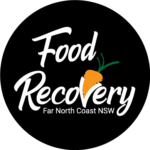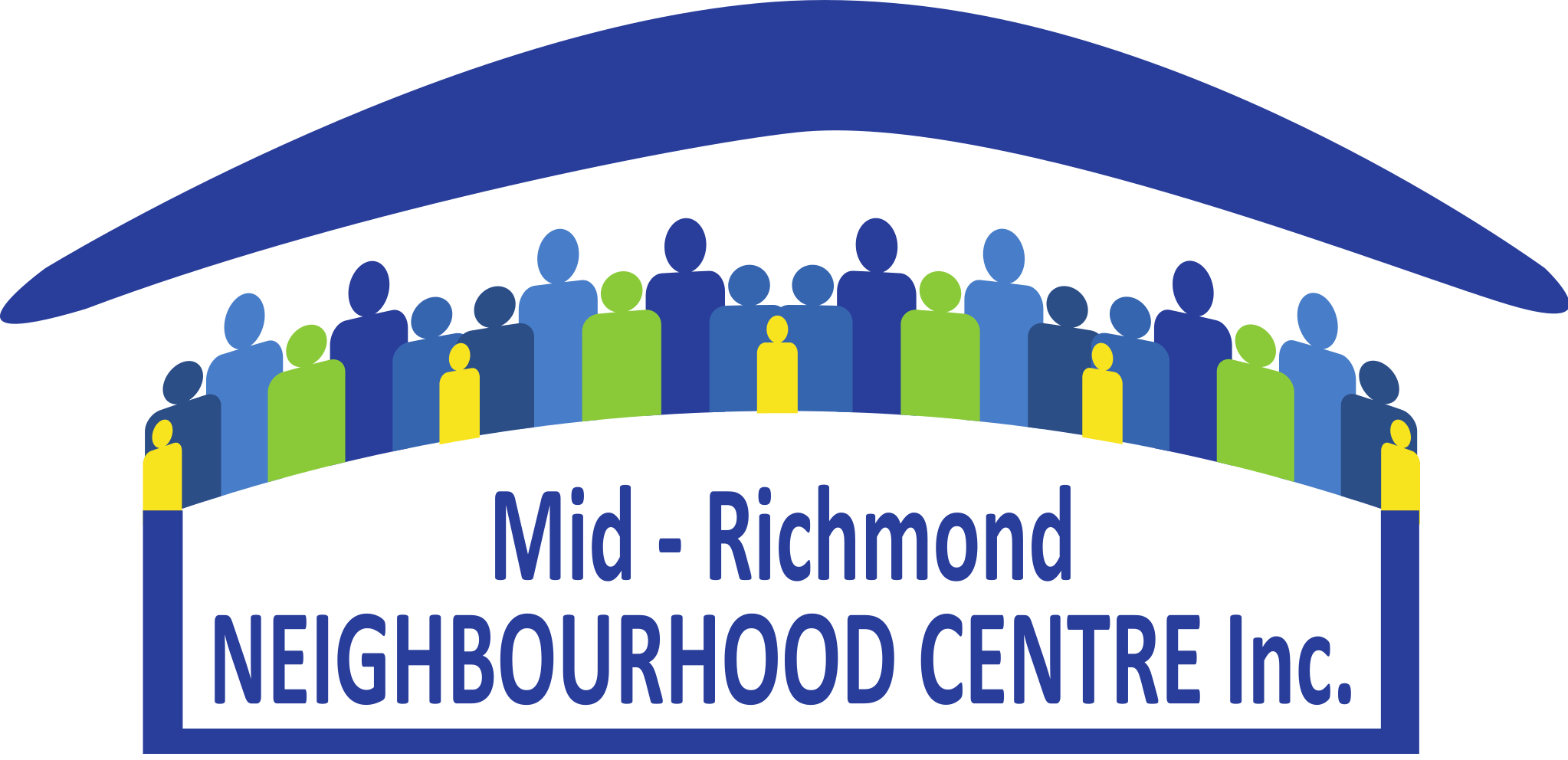Emergency Relief
The Emergency Relief (ER) program is funded by the Australian Government Department of Social Services.
The purpose of ER is to assist people who are experiencing financial difficulties due to lack of income, personal crisis, sudden or prolonged unemployment or health problems. In general it aims to provide support to vulnerable individuals, families and communities to improve their financial capability, resilience and lifetime wellbeing. Leading to increased self-reliance.
Some people access ER to help them when experiencing a “one-off” episode of financial crisis. Other people access ER as become part of their problem solving/solution as a way of dealing with ongoing and persistent financial disadvantage.
Poverty can be defined as “a lack of resources, which is so seriously below society’s average that people are excluded from effectively participating in everyday life. People living in poverty do not only have a low level of income; they also experience a lack of choice, access and personal power. They miss out on opportunities and resources that most of us that for granted, such as adequate standard of health care, employment opportunities, food and recreation”.
(ACOSS, Emergency Relief Handbook, 1997)
ER is delivered in a way to meet the individual consumer’s immediate financial crisis need/s.
An important component to assessing a consumer’s situation is to identify other issues affecting their wellbeing. We call this a case coordination model. This involves a commitment to listening and understanding what issues need to be explored further with the consumer. It is important to know when the consumer needs to be referred on to another service, or provided with the appropriate information, which may benefit their situation.
Types of assistance available but not limited to:
- Financial and/or material aid to meet an immediate need. For example, assistance with paying utility bills for example electricity, food vouchers, food parcels, hygiene items or bedding.
- Information and referrals that help to resolve the underlying issues the client may be experiencing – for example a referral to a financial counsellor to assist with legal action over debt recovery matters, connection to a family worker to discuss your current life situation, referral to exterior services like homelessness services or rehabilitation services
Mid Richmond Neighbourhood Centre Inc. provides this service as part of the CONSORTIUM OF NEIGHBOURHOOD CENTRES (CONC)
CONC are providing ER regionally under Case Coordination model in the outlet locations of:
- Pottsville Beach Neighbourhood Centre
- Mullumbimby & District Neighbourhood Centre
- Nimbin Neighbourhood & Information Centre
- Kyogle Together / Kyogle Youth Action
- Mid Richmond Neighbourhood Centre, Evans Head (Lead agency)
- New School of Arts Neighbourhood House, South Grafton.
Contact us with any questions,
Our friendly team would love to help






